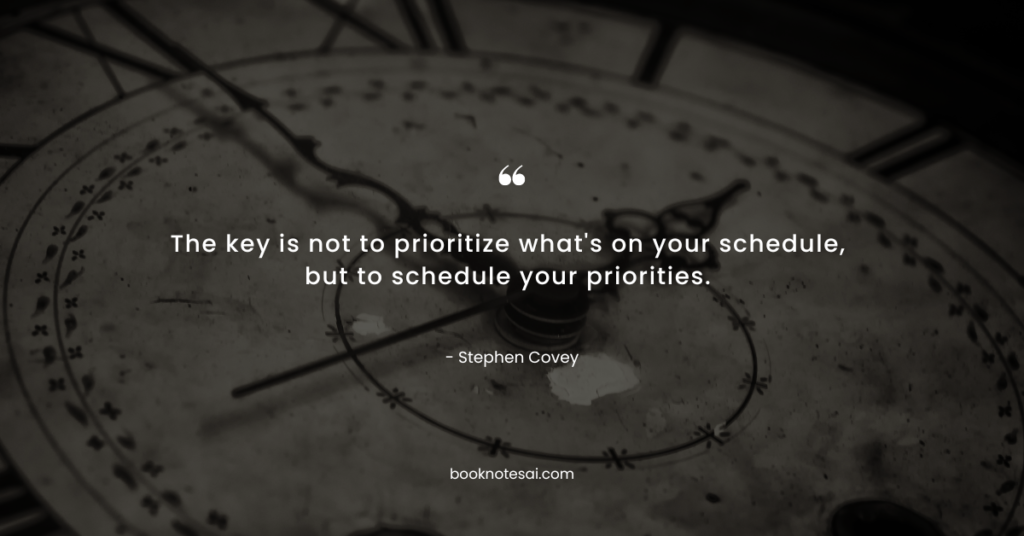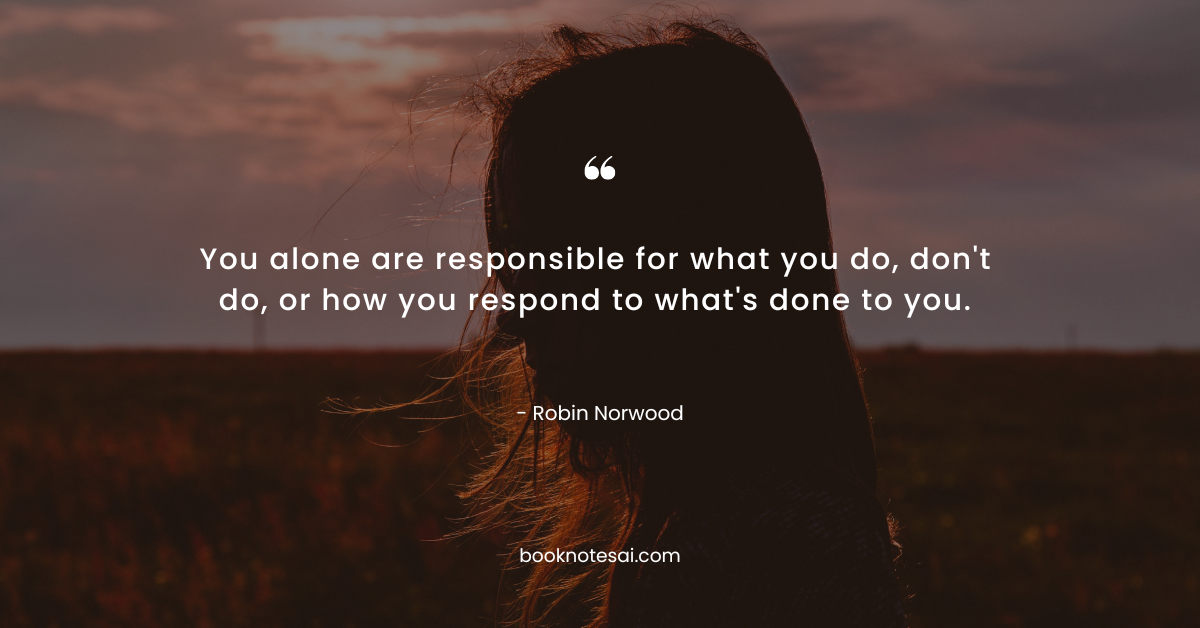Listen To This Post
Powerful Lessons in Personal Change.
The 7 Habits have become famous and are integrated into everyday thinking by millions and millions of people. Why? Because they work!

This is a book summary for The 7 Habits of Highly Effective People by Stephen Covey. The key facts are organized to be easy to use, clear, and very valuable, all while helping you save loads of time.
Introduction: Why this book?
- In a world filled with distractions and constant demands, The 7 Habits of Highly Effective People stands as a beacon of timeless wisdom, offering readers profound insights into personal and professional growth.
- Stephen Covey’s masterpiece isn’t just another self-help book; it’s a transformative guide that challenges individuals to cultivate essential habits for success, significance, and fulfillment.
The 7 Habits of Highly Effective People Summary:
- Covey’s book revolves around seven powerful habits that are crucial for personal and interpersonal effectiveness.
These include being proactive, beginning with the end in mind, putting first things first, thinking win-win, seeking first to understand, then to be understood, synergizing, and sharpening the saw. - Through real-life anecdotes, Covey illustrates how these habits can empower individuals to take charge of their lives, communicate effectively, prioritize tasks, and foster meaningful relationships.
- By embracing these habits, readers can embark on a journey of self-discovery, growth, and lasting change, leading to a more balanced and purposeful existence.
💡 5 Big Ideas
- Proactivity Leads to Success: Covey emphasizes the importance of taking responsibility for one’s own life and choices. By understanding that our responses to external stimuli shape our destiny, individuals can break free from reactive patterns and proactively create the life they desire.
- Begin with the End in Mind: Visualizing one’s goals and aspirations is fundamental to achieving personal and professional success. Covey urges readers to define their values and long-term objectives, guiding their actions and decisions towards a fulfilling future.
- Put First Things First: Effective time management is pivotal in attaining balance and productivity. Covey advocates for prioritizing tasks based on importance rather than urgency, enabling individuals to focus on activities that align with their goals and values.
- Seek First to Understand, Then to Be Understood: Meaningful communication is built on empathy and mutual respect. Covey highlights the significance of listening attentively to others’ perspectives before expressing one’s own, fostering trust, collaboration, and deeper connections.
- Synergize for Collective Success: Collaboration amplifies individual efforts and fosters innovation. Covey encourages synergy, where diverse talents and perspectives converge to achieve shared goals, resulting in enhanced creativity, productivity, and fulfillment.
In summary, The 7 Habits of Highly Effective People offers a holistic approach to personal and professional development, equipping readers with timeless principles to navigate life’s challenges and opportunities with wisdom and integrity.
Powerful Quotes
- “The key is not to prioritize what’s on your schedule, but to schedule your priorities.” This quote highlights the importance of aligning our actions with our values and long-term goals.
- “Seek first to understand, then to be understood.” Covey emphasizes the significance of empathy and active listening in fostering meaningful connections and resolving conflicts.
- “Most people do not listen with the intent to understand; they listen with the intent to reply.” This quote underscores the value of genuine communication and the transformative power of empathy.
- “Strength lies in differences, not in similarities.” Covey celebrates diversity and encourages embracing varied perspectives to foster innovation and collaboration.
- “The way we see the problem is the problem.” Covey challenges us to examine our perceptions and assumptions, recognizing that our mindset shapes our reality.
- “Live out of your imagination, not your history.” Covey inspires us to transcend past limitations and envision new possibilities for growth and fulfillment.
- “You can’t talk your way out of problems you behave yourself into.” Covey emphasizes the importance of congruence between our words and actions in building trust and credibility.
- “To change ourselves effectively, we first had to change our perceptions.” Covey highlights the transformative power of shifting our perspective and reframing our experiences.
- “When the trust account is high, communication is easy, instant, and effective.” Covey underscores the foundational role of trust in fostering open dialogue and collaborative relationships.
- “The main thing is to keep the main thing the main thing.” Covey encourages clarity of purpose and focus on our highest priorities to achieve meaningful results.
One Reason To Read This Book:
Dive into “The 7 Habits of Highly Effective People” to unlock the secrets of personal and professional success, and transform your approach to life with timeless principles that stand the test of time.
Who should I recommend The 7 Habits of Highly Effective People summary to?
Whether you’re a student, professional, or anyone seeking to enhance personal effectiveness, Covey’s insights offer invaluable guidance for navigating life’s challenges and achieving your goals.
This summary is particularly beneficial for individuals striving for personal growth, leadership development, and meaningful relationships.
Recommendations:
- “First Things First” by Stephen R. Covey, A. Roger Merrill, and Rebecca R. Merrill
- “How to Win Friends and Influence People” by Dale Carnegie
- Podcast: “The Tim Ferriss Show” for interviews with top performers and insights on personal and professional development.
This summary serves as a complimentary guide to the reviewed title The 7 Habits of Highly Effective People, offering key insights. For a deeper understanding, we encourage you to explore the full book.


